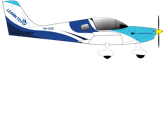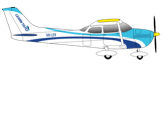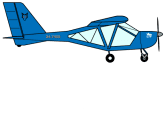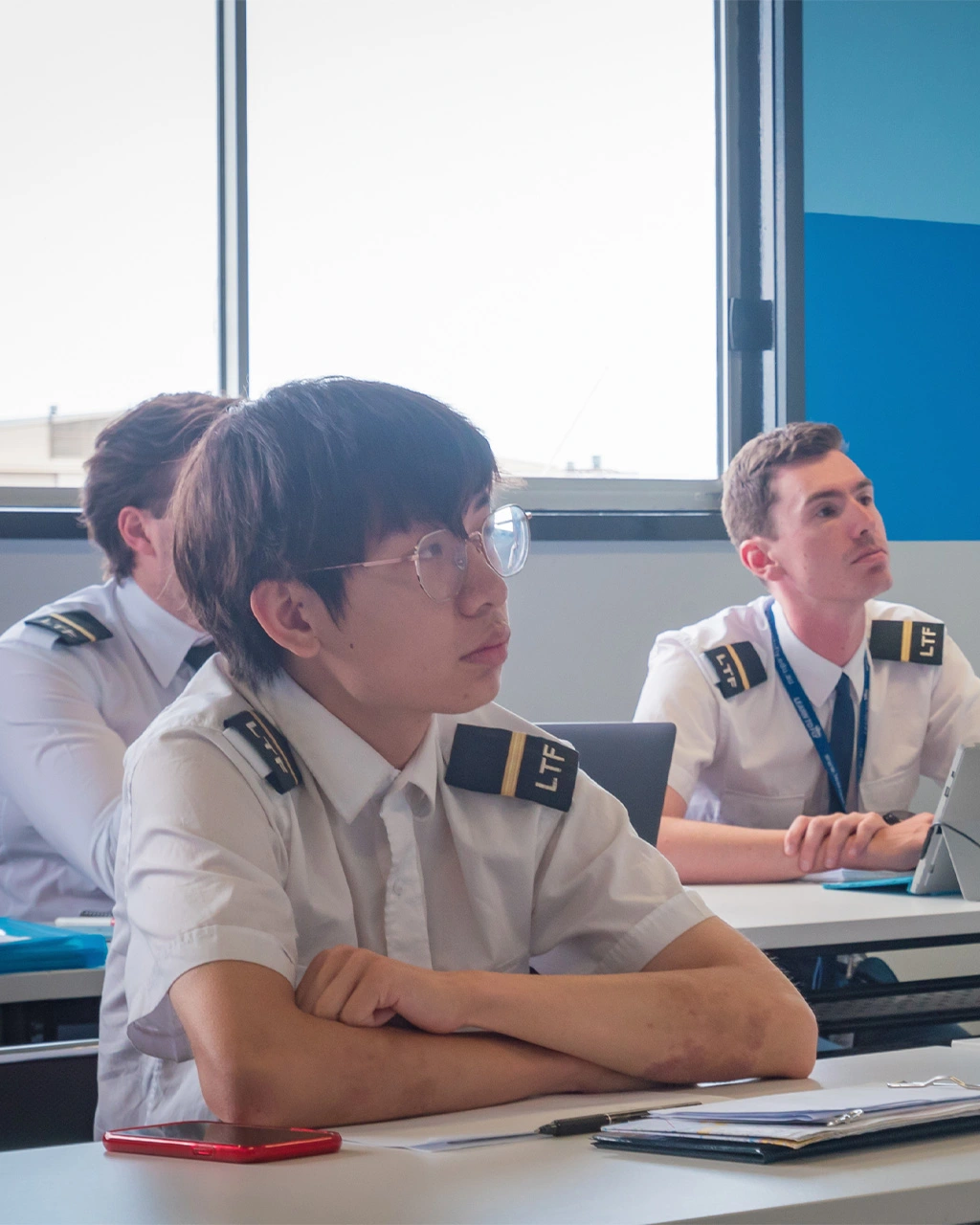
August 20, 2024
Pilot Interviews: HR, Technical, and Behavioural
Pilots face a series of interviews during their application process for airline positions. These interviews are designed to assess a candidate’s technical knowledge, personality, and behavioural responses.
Understanding the different types of interviews and how to prepare for them is crucial for success.
HR Interviews
Human Resources (HR) interviews primarily focus on assessing a candidate’s personality, motivation, and fit within the airline’s culture. HR interviews are crucial for evaluating interpersonal skills, communication abilities, and overall suitability for the role beyond technical competencies.
Interviewers will ask about your educational background, work history, and any pilot course in Australia or other relevant training you have completed.
Expect questions about why you chose to become a pilot, your career aspirations, and why you want to work for the specific airline.
HR interviews assess whether your values and work ethic align with the airline’s culture. Be prepared to discuss how you handle teamwork, stress, and conflict.
Common Questions:
- “Tell me about yourself.”
- “Why do you want to work for our airline?”
- “Describe a time when you had to work as part of a team.”
- “How do you handle stress and pressure?”
Preparation Tips:
- Research the Airline: Understand the airline’s history, mission, values, and recent developments. Tailor your responses to demonstrate alignment with the company’s culture.
- Practice Your Responses: Prepare answers to common HR interview questions. Use the STAR method (Situation, Task, Action, Result) to structure your responses effectively.
- Be Honest and Authentic: Authenticity is crucial in HR interviews. Be honest about your experiences and motivations.
Technical Interviews
Technical interviews assess a candidate’s aviation knowledge and problem-solving abilities. These interviews are designed to evaluate your understanding of aircraft systems, navigation, meteorology, and other critical areas of aviation.
Key Areas of Assessment:
- Knowledge of different aircraft systems, such as engines, hydraulics, electrical systems, and avionics.
- Understanding of flight planning, fuel management, and operational procedures.
- Proficiency in navigation techniques, use of instruments, and weather interpretation.
- Familiarity with aviation regulations, safety protocols, and emergency procedures.
Common Questions:
- “Explain the functioning of an aircraft’s hydraulic system.”
- “How would you handle a fuel management issue during a long-haul flight?”
- “Describe the process of navigating using VOR.”
- “What are the key components of an Instrument Landing System (ILS)?”
Preparation Tips:
- Review Technical Materials: Revisit your pilot course in Australia notes, textbooks, and training materials. Focus on areas such as aircraft systems, navigation, and meteorology.
- Practice Problem-Solving: Engage in scenario-based practice to enhance your problem-solving skills. Work through technical problems and emergencies to build confidence.
- Stay Updated: Keep abreast of the latest developments in aviation technology and regulations. Being well-informed will give you an edge in the technical interview.
Behavioural Interviews
Behavioural interviews are designed to assess how you have handled specific situations in the past and predict your future behaviour. These interviews focus on your soft skills, decision-making abilities, and how you deal with challenges and conflicts.
Key Areas of Assessment:
- Decision-Making: Your ability to make sound decisions under pressure.
- Leadership and Teamwork: How you lead and work within a team.
- Problem-Solving: Your approach to solving complex problems and overcoming obstacles.
- Adaptability and Resilience: How you handle change, stress, and adversity.
Common Questions:
- “Describe a time when you had to make a difficult decision quickly.”
- “Give an example of a situation where you had to lead a team.”
- “Tell me about a time when you faced a significant challenge and how you overcame it.”
- “How do you handle unexpected changes during a flight?”
Preparation Tips:
- Use the STAR Method: Structure your responses using the STAR method (Situation, Task, Action, Result). This helps you provide clear and concise answers.
- Reflect on Past Experiences: Think about past experiences that highlight your decision-making, leadership, problem-solving, and adaptability skills. Have specific examples ready to discuss.
- Practice Behavioral Questions: Practice answering common behavioural interview questions with a focus on clarity, relevance, and conciseness.
Integrating Your Preparation
Mock Interviews
Conduct mock interviews with peers, mentors, or professional interview coaches. This practice can help you gain confidence, refine your responses, and receive constructive feedback.
Self-Assessment
Regularly assess your strengths and areas for improvement. Use feedback from mock interviews and self-reflection to build your interview skills continuously.
Continuous Learning
Stay committed to continuous learning and professional development. Whether you’re preparing for an airline pilot technical interview or enhancing your behavioural interview skills, ongoing education and practice are key to success.
Understanding the different types of pilot interviews—HR, technical, and behavioural—is essential for aspiring pilots aiming to secure a position with an airline. Each type of interview assesses different aspects of your qualifications, from technical knowledge to personal attributes. By thoroughly preparing for each interview type, using resources such as your pilot course materials, and practising extensively, you can significantly increase your chances of success.


